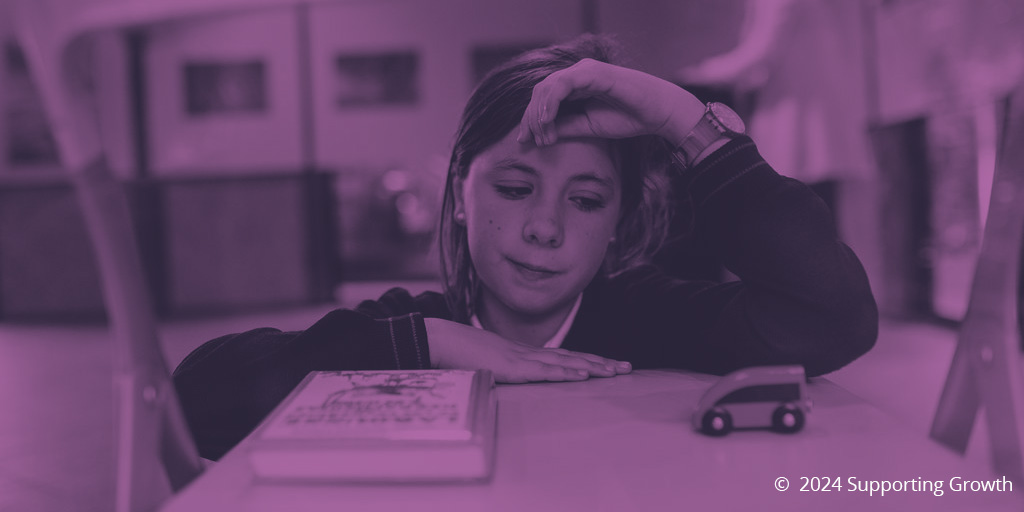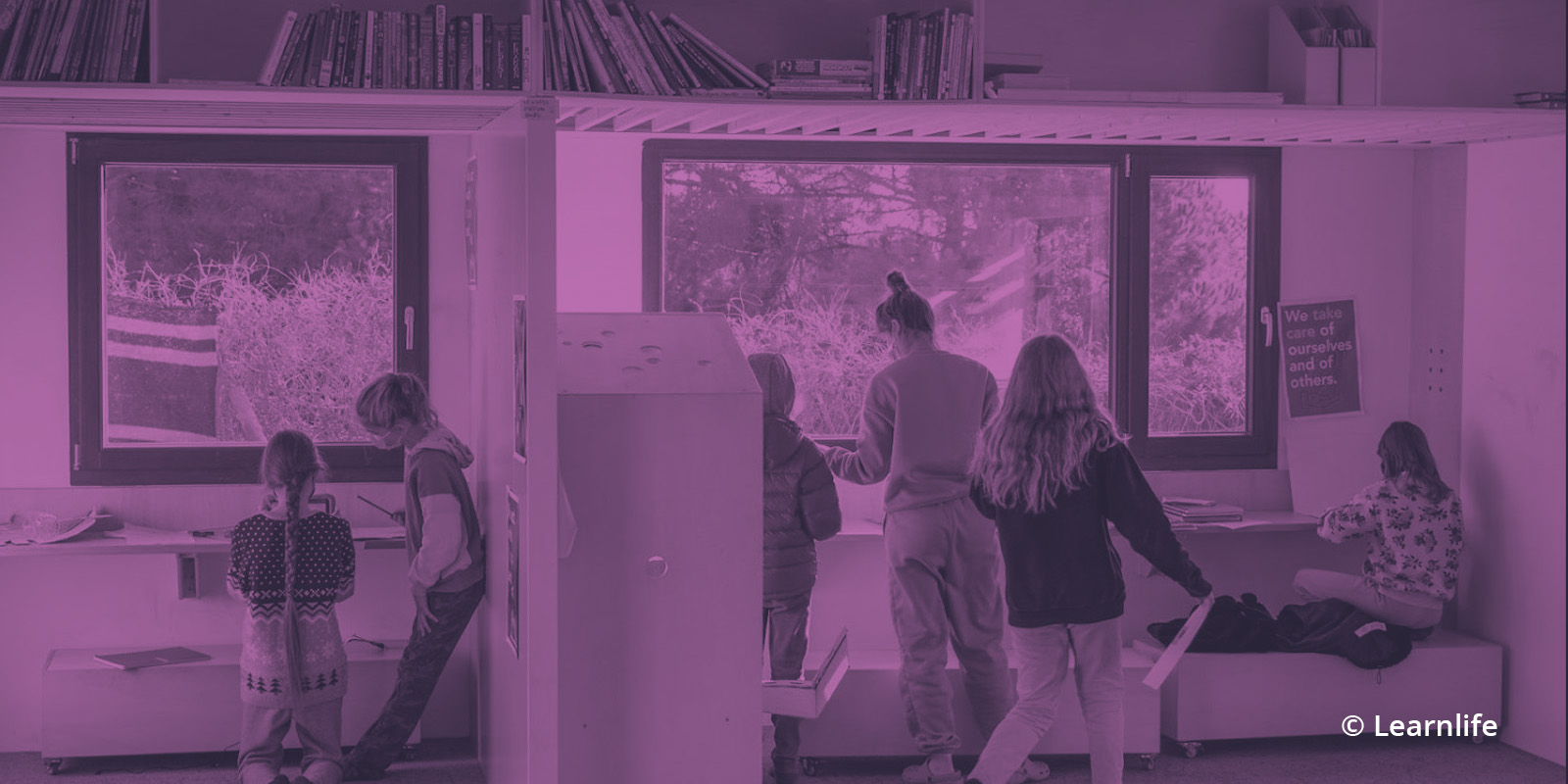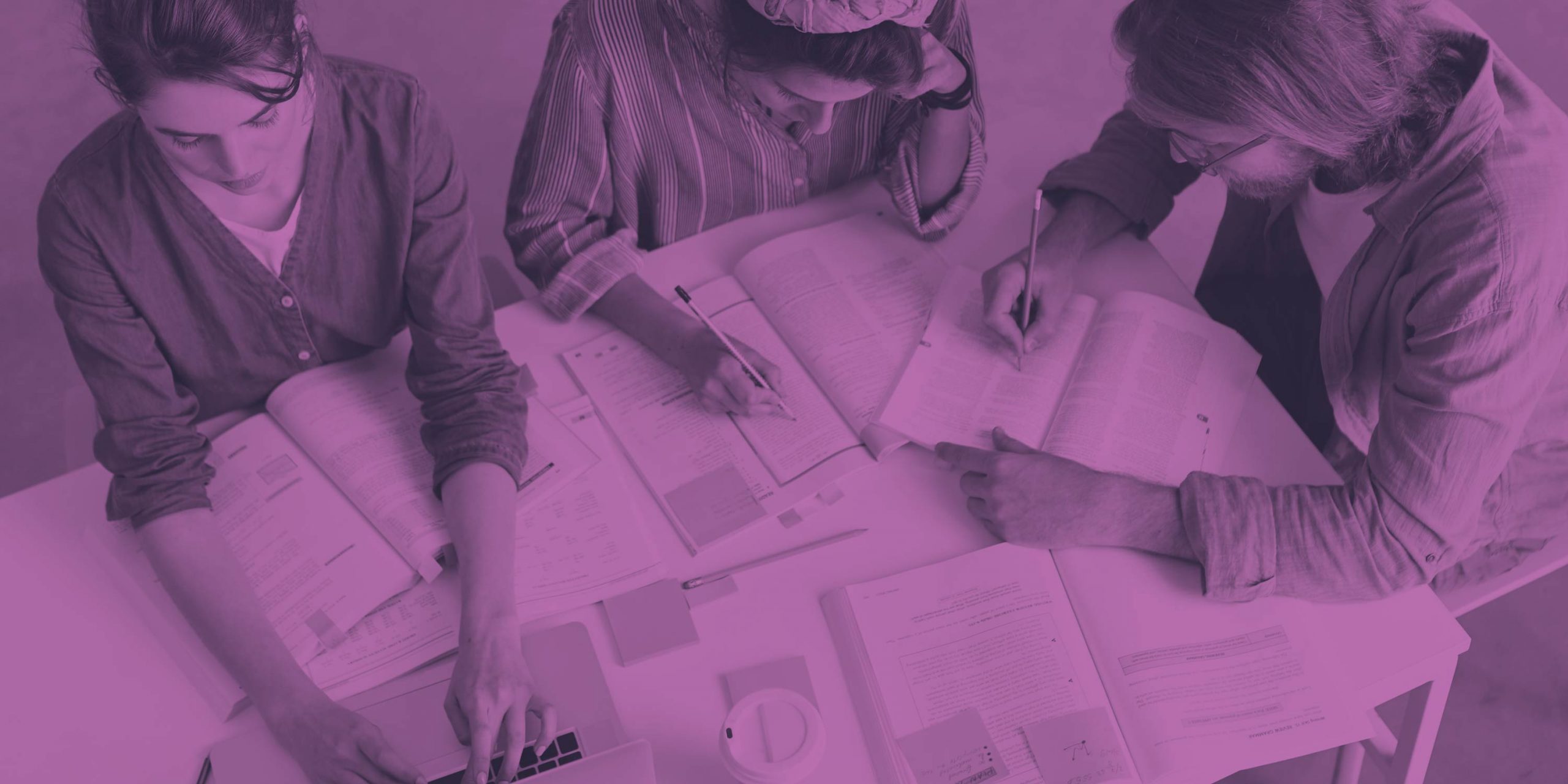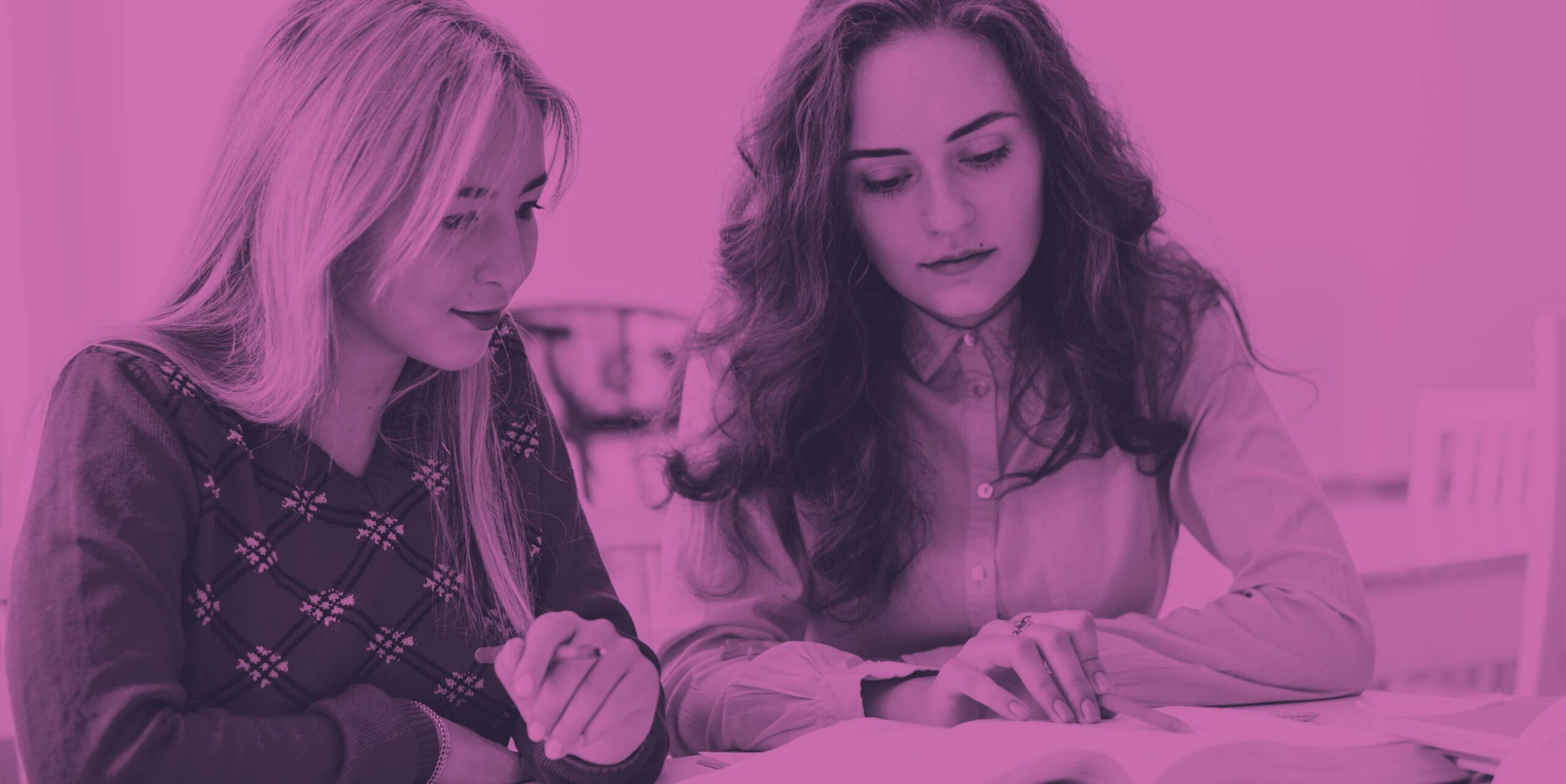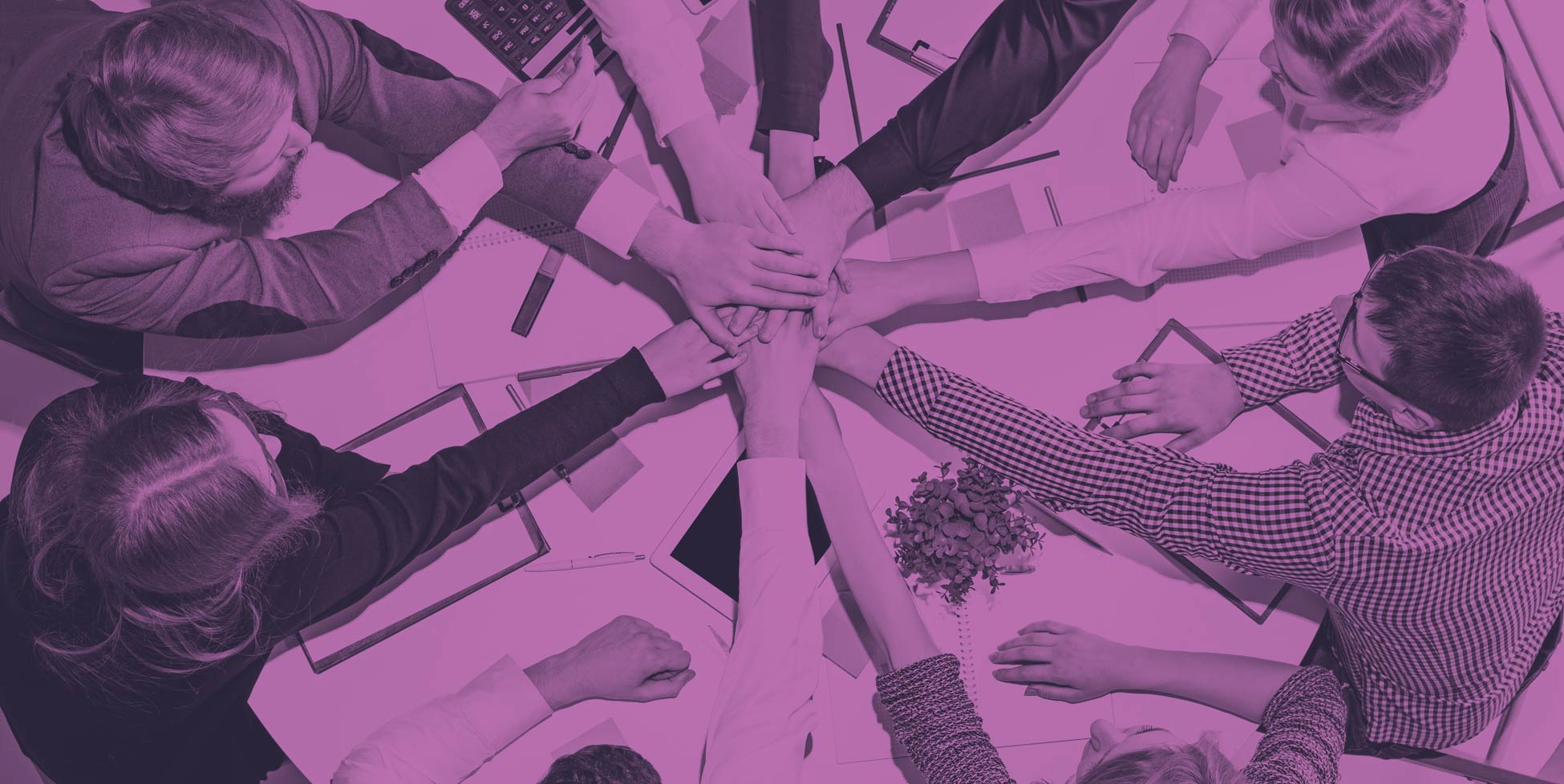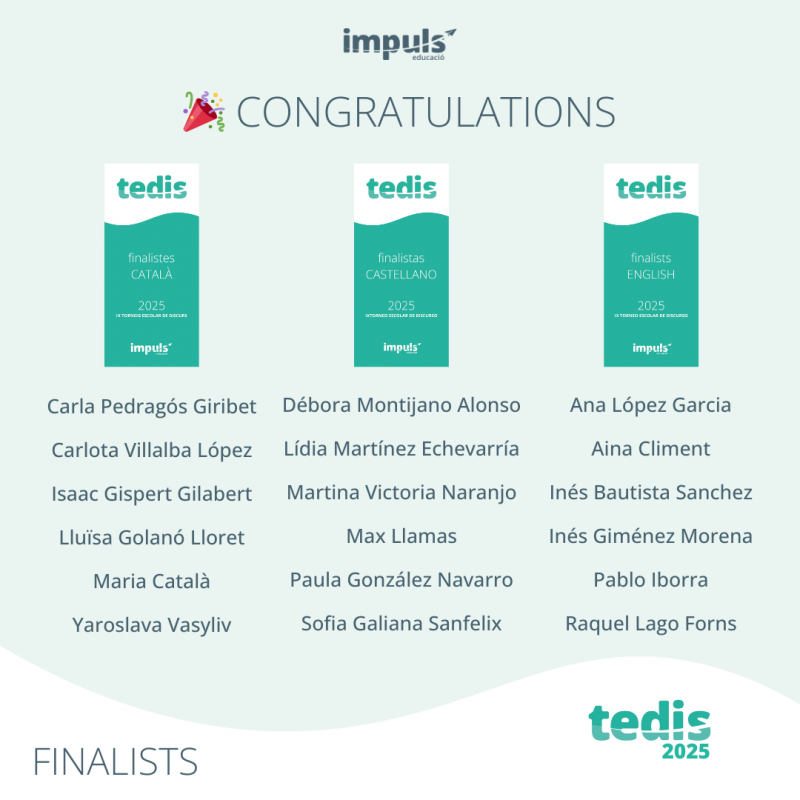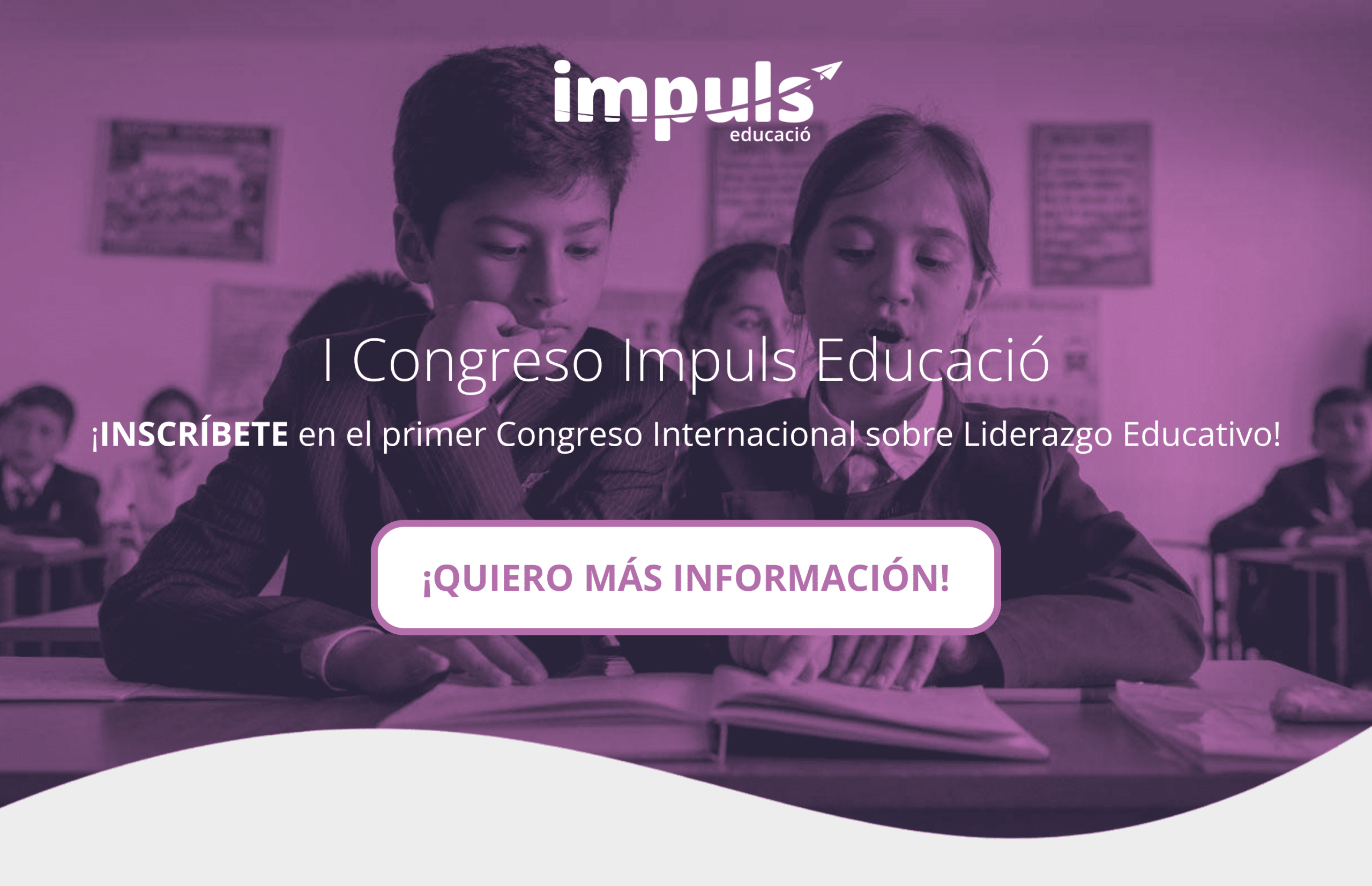by Ana Moreno Salvo
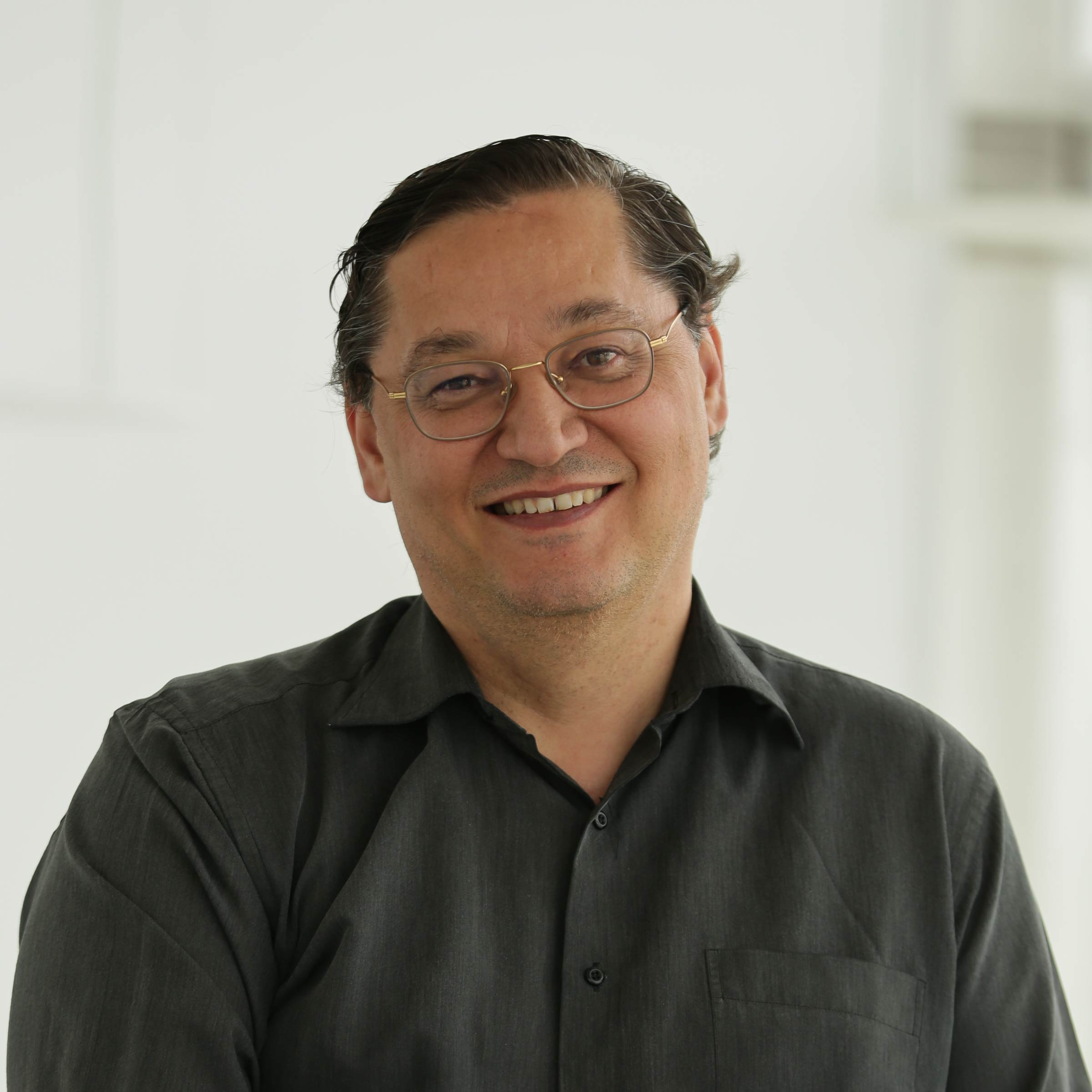
José Víctor Orón Semper (Madrid) is a teacher, trainer and researcher. He has a PhD in Education from the University of Navarra and is currently developing the project ‘UPTOYOU, Acompañando el crecimiento’ dedicated to the personal training of educators. His field of research is an educational model centred on interpersonal relationships complemented by other related topics like emotional education, educational neuroscience and the psychology of human development.
Interview with José Víctor Orón
The mission of the UPTOYOU project is quality education. Could you explain your vision of education in today’s world and society?
Education today places more trust in things than in people, and values more what a person knows how to do than who that person truly is. This leads to problems, because it fosters an education focused on competencies — in other words, on ensuring that individuals have great power to transform reality, regardless of the kind of life they build. But giving tools without shaping people is merely handing out resources. And this has been known since the very origins of education: it does not work. Knowing how to use a hammer expertly without understanding whether it is being used to drive nails or to harm others is, frankly, absurd. This current split in education — which, on the one hand, aspires to great horizons and a new world — ends up, on a practical level, losing its true purpose, focusing solely on means and instruments; in other words, on competencies.
What role do relationships play in people’s growth and therefore in education?
The weight of the relationship between people and education is absolute. The most important aspect of a person’s life is their interpersonal relationships, so why not place what we do at the service of what we know to be the most relevant thing in life? Moreover, studies on the impact of high-quality interpersonal relationships on a person’s life and development are clear and conclusive. Likewise, when one examines how human beings learn and how they give meaning to reality, it becomes evident that everything acquires meaning through the way we have experienced our interpersonal relationships.
Why not place what we do at the service of what we know to be the most relevant thing in life?
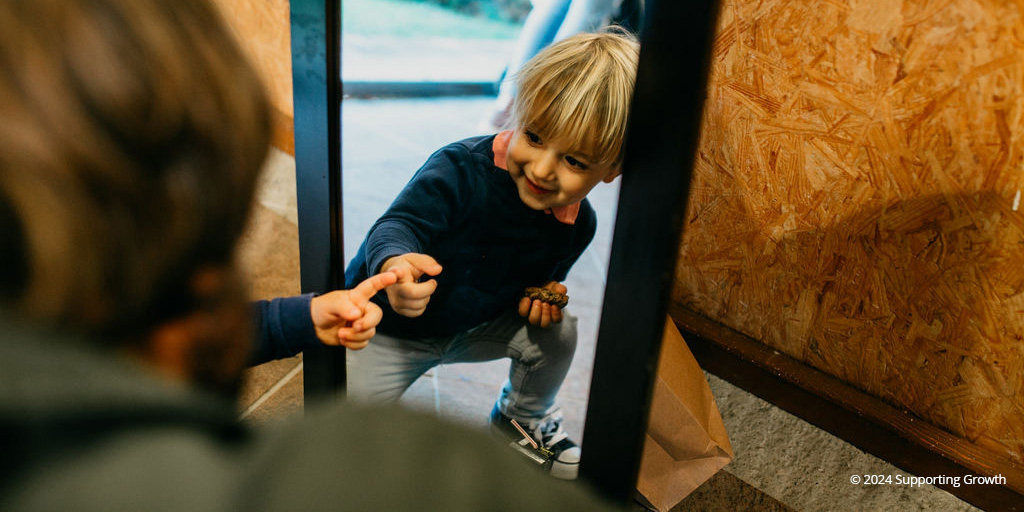
It is well established that the quality of education is determined by the personal quality of the educator, not by their technical training — although, of course, it is desirable for them to possess it as well.
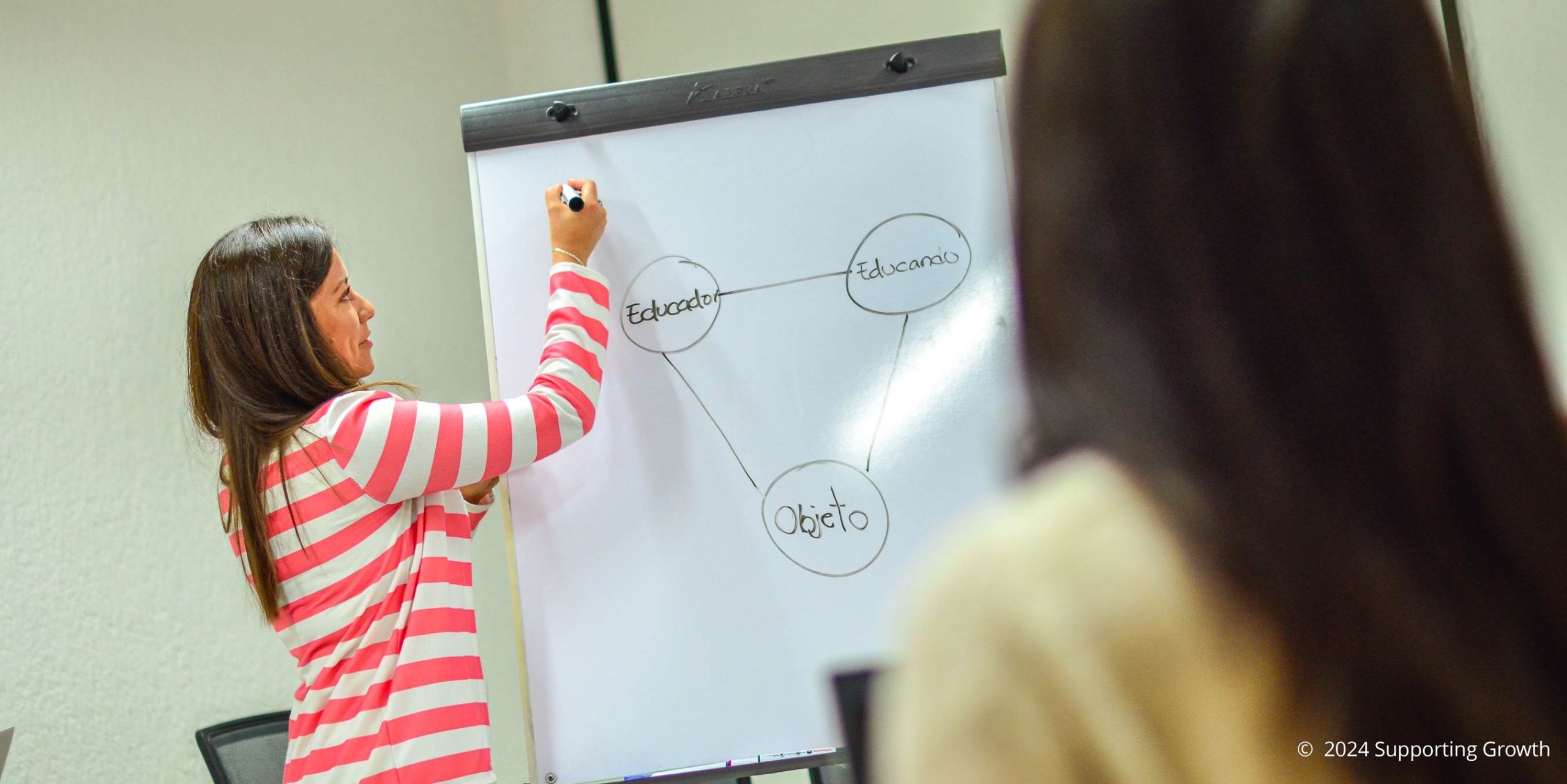
The quality of education is determined by the personal quality of the educator, not by their technical training
Another key aspect of UPTOYOU is emotions. Why are emotions so important in education?
The first thing to understand is the unfortunate origin of emotional education. In fact, it could very well be the title of a book: “The Unfortunate Origin of Emotional Education.” Its historical origin lies in the business world, not in the educational sphere. What was born in the corporate environment, with that particular vision, has been transferred to the field of education with only slight modifications: instead of a boss, there is a teacher; instead of employees, there are students; and instead of generating profit, the goal is to train the student — but the underlying framework remains the same.
This framework stems from a flawed conception of emotions. Emotions are often seen merely as reactions to something that provokes an impact, an external stimulus that generates an emotional state which takes hold of the person. Under this vision, the individual is expected to control or regulate that possession.
However, emotions are much more than reactions; they are the expression of the complexity of life in a given moment, and therefore, they speak deeply about who I am. A person needs to know themselves, not simply identify emotions. It is not about regulation; it is about action. For this reason, it is essential to emphasize that we dedicate significant effort to emotional education, but from this other perspective: we seek for the person to be fully human and to unfold their entire potential.
How does UPTOYOU approach education for free decision-making?
The first thing to understand is that the primary and most significant decision is recognizing that what I am truly deciding is who I want to be, not merely what I want to do. This is the central element of decision-making. Therefore, the first and most essential step is to understand my current way of being.
Consequently, instead of presenting a pre-established list of qualities that people must strive to achieve, instead of pulling individuals away from their own reality, why not propose a character education that helps me to know and embrace my reality? There is no way to grow without first accepting one’s own reality.
In addition to relationships and emotions, UPTOYOU considers experience to be a valuable aspect of people’s growth. What role does it play in the educational model?
Experience is where the convergence of the person, the world, and their relationships takes place. Merely interacting with things on a superficial level is not true experience. In authentic experience, there is a meeting point between who I am and the relationships I establish within the world itself. It is here that a person comes to know themselves, comes to know others, and comes to know the world — all at once.
In experience, there is a meeting point between who I am and the relationships I establish within the world itself
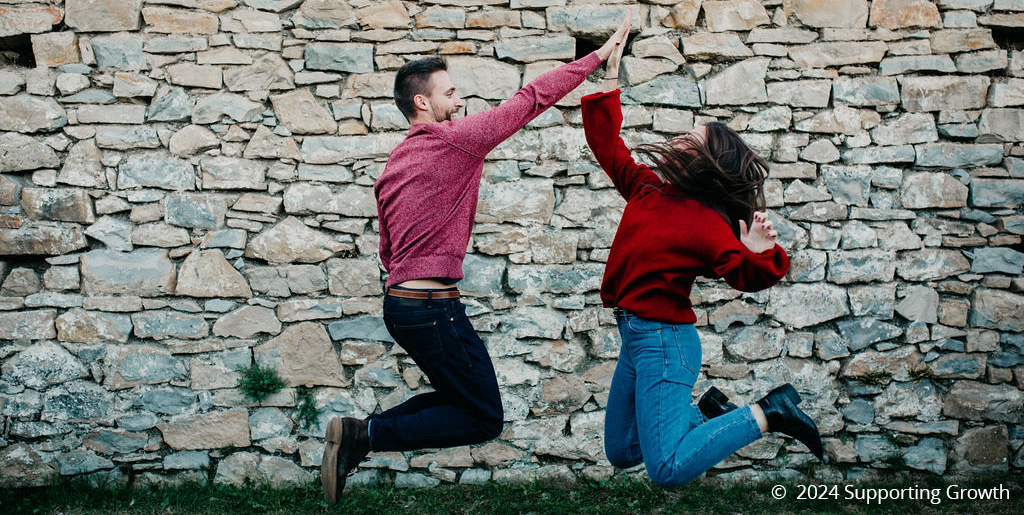
In what sense is UPTOYOU an educational model more than a method?
The difference between a model and a method is simple. A method tells you what you have to do. “UPTOYOU, Acompañando el crecimiento” does not include methodological elements such as pre-designed tutoring manuals. A model, on the other hand, seeks to respond to the great questions of education.
What we are striving to build through Accompanying Growth may seem innovative, but it is not new. It will indeed appear novel in the current context, because no one speaks with such conviction and strength about the person.
Therefore, if what we truly want is to focus on the person, we must help the person to be a person, to be the author and creator of their own life. This cannot be reduced to telling them how they ought to behave, but rather helping them learn to contextualize and translate their positions into behaviors according to different circumstances. And in this sense, what we offer is a model.
How do you approach teacher, leader and family training at UPTOYOU?
Training is personal and focuses on enabling the individual to know themselves and act upon their own reality. We place great emphasis on personal experience, providing tools that foster self-knowledge and decision-making.
It is essential for the teacher to engage in this reflective exercise — to reconsider, for example: What kind of self-esteem do I want to foster in children? I need to rediscover, in the depth of my own life, the true meaning of self-esteem: that my life finds significance in relationship with others. Only then will I be able to promote a different, more authentic form of self-esteem.
We design training programs aimed at working on oneself, while also focusing on what one must do with students.

